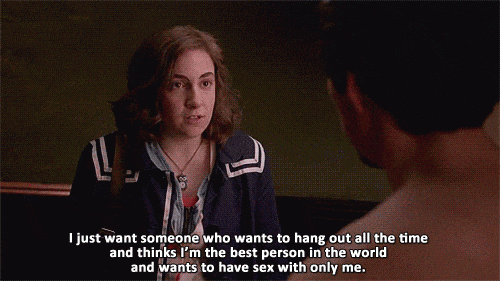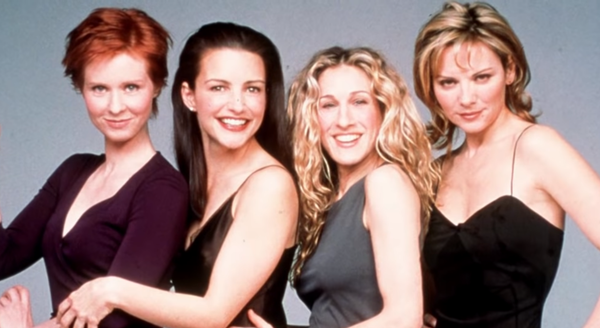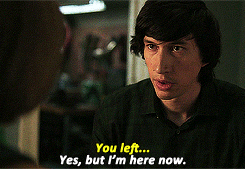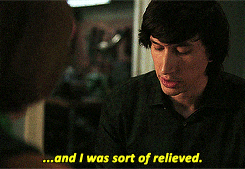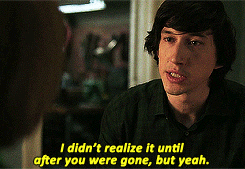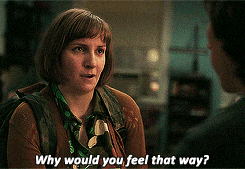Very rarely in my encounters with television have I come across comedy that is audibly, hilarious. I am namely speaking of networks that have evidently rounded out a formula for funny sitcoms, framing the equation with the frequent, low-balled jokes, trendy apartments and a few, “How you doin'?” Needless to say, I find this formula infinitely disappointing, even more so when it wins multiple Emmy’s, not to mention grossly, misapplied titles like comedy-gold (more aptly called fool’s gold).
Disregarding the modern, comedy canon (i.e. "Seinfeld" or "The Office"), it wasn’t until "Girls" that the eye-rolling ceased as a habitual and central part of my viewing experience. It proved different for many unexpected reasons, one being the show’s motley group of 20 something’s. First there is Hannah whose identifiers are frankly endless. Most interestingly she channels a younger version of the actress, herself: (also the creator and head writer) a dorky, neurotic, slightly, delusional college grad, whose strong writing ability is often negated by her character’s fear of failure and general recklessness. By her side is best friend and roommate, Marnie: a beautiful, often icy perfectionist, consistently at odds with imperfect circumstances. Next is Shoshanna, a naive and ditzy-spoken student, who despite herself, interjects chaos with wisdom and unconscious hilarity. Lastly is Shoshanna’s older, cousin, Jessa, the British, brash-tongued, bohemian with a penchant for bad behavior.
 Together, the conflicting personalities make for dramatic plot lines, often without clear-cut resolutions. In this way loose ends are kept loose, maintaining a life-like messiness; mirroring the parts of our lives that remain incompatible.
Together, the conflicting personalities make for dramatic plot lines, often without clear-cut resolutions. In this way loose ends are kept loose, maintaining a life-like messiness; mirroring the parts of our lives that remain incompatible.Perhaps one of the most intriguing aspects of "Girls" is the fine line writer's walk with characters who are all at once touchably, insecure and uncommonly, honest. Turning themselves inside-out, the characters’ conversations sound much more like an inner dialogue: unfiltered and often insensitive. Apart from being provocative, this remarkable candor is as liberating as it is shockingly, funny. It’s a rare, second-hand encounter with the things we promptly closet; an experimentation with full disclosure where we discover that the experience, uncut, is the most cutting.
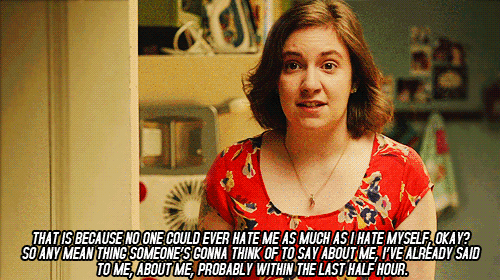
That said, the experience is often uncomfortable. Like bringing a friend to a weird family reunion, inviting someone to watch "Girls" is an altogether tense and incriminating experience; fully aware that you’re attaching yourself to strange and off-color characters. There’s a distinctive, learning curve involved; a gut-reaction to deviant behavior that demands, not necessarily acceptance but empathy. Exceptionally raw scenes open up a dialogue about unspoken, but equally pressing vulnerabilities. Simply put, it’s black-market television that is alarmingly, relatable.
